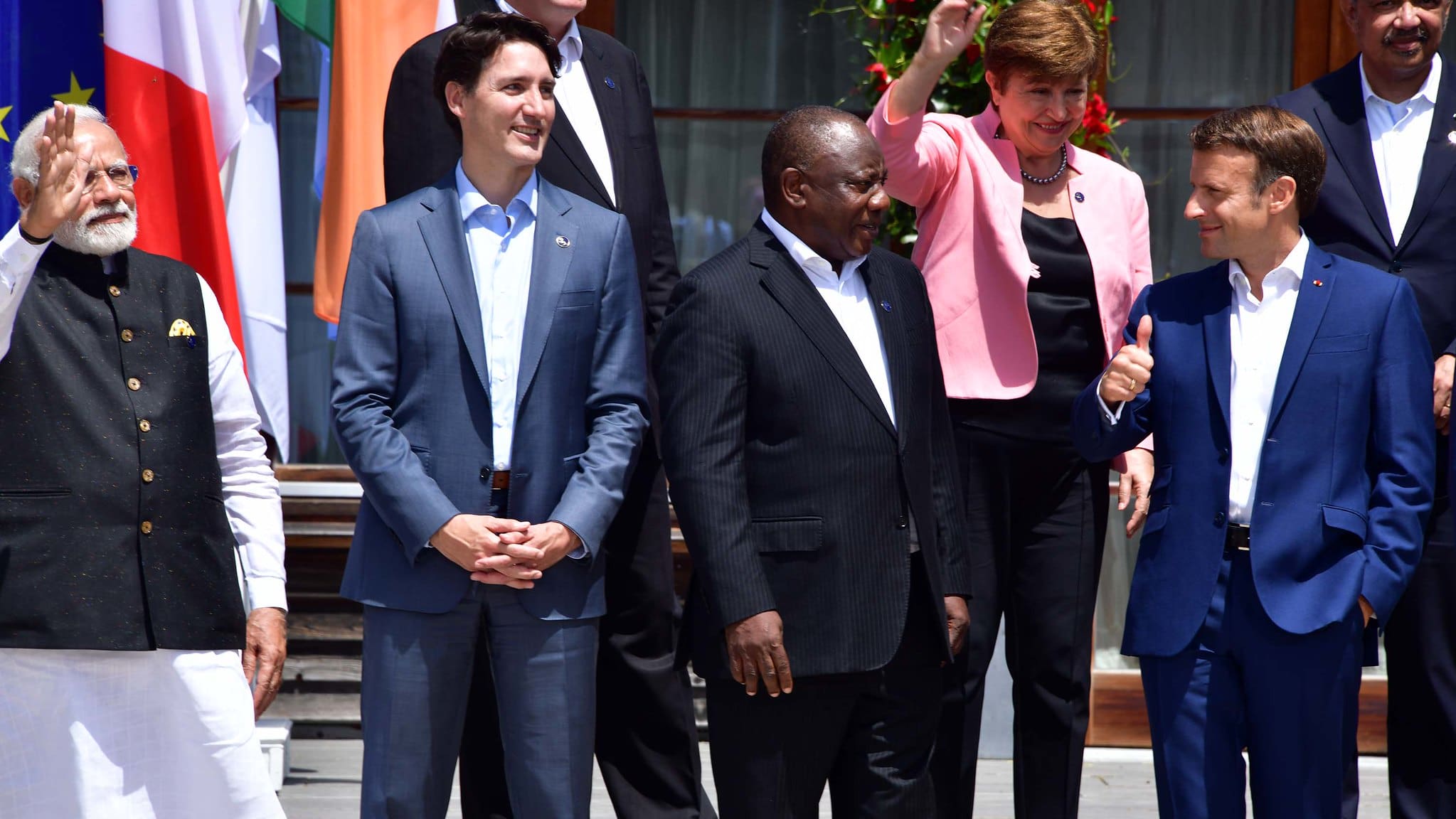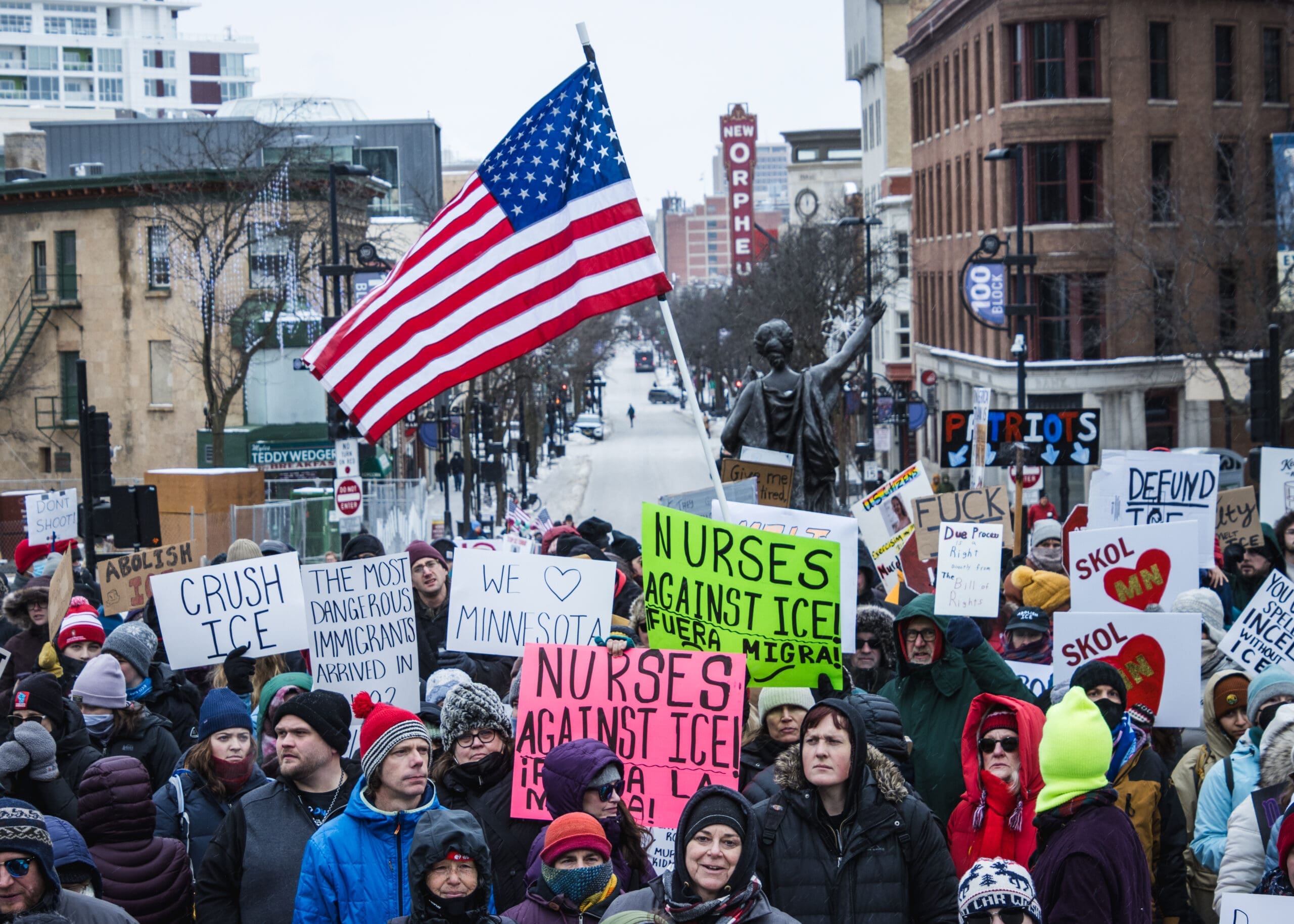South Africa, as the G20 chair and a key player in the Global South, sought to strengthen ties with the world’s largest economies at the G7 Summit last week. Yet, a critical meeting with US President Donald Trump failed to happen, leaving trade agreements and diplomatic relations in limbo.
This is the delicate tightrope South Africa walks in its foreign policy. The G7 Summit in Kananaskis, Canada, from 15 to 17 June, offered President Cyril Ramaphosa a platform to advance South Africa’s interests, but Trump’s early departure due to Middle East tensions derailed a much-anticipated bilateral discussion. The stakes are high—trade agreements like AGOA, critical mineral supplies, and South Africa’s global influence hang in the balance.
To unpack the implications for US-South Africa relations and South Africa’s role in the G7, explain spoke with John Stremlau, Associate Director of International Relations at the Rockefeller Foundation and Visiting Professor at Wits University. Stremlau is a political analyst with deep insights into international relations and South Africa’s foreign policy.
In this Q&A, Stremlau pulls no punches on the challenges of engaging with Trump’s administration and the opportunities for South Africa to assert its global presence.
How should South Africa navigate its relationship with the United States under Trump’s administration, particularly after the missed G7 bilateral meeting?
John Stremlau advises a cautious approach: “I just don’t think it’s worth South Africa compromising for no good reason when Donald Trump, who is inconsistent and cruel and impulsive and you can’t predict what he’s gonna do.”
“You can’t do diplomacy with this guy. He just doesn’t think strategically. I mean, he doesn’t seem to be in any kind of dialogue with even his close advisors who are all sycophants. He doesn’t have any grownups in his cabinet,” he added.
He suggests that South Africa should avoid overextending itself diplomatically, especially given Trump’s early departure from the G7 Summit in Canada on 16 June, which prevented a planned meeting with Ramaphosa, citing Middle East tensions.
Stremlau suggests that South Africa should hold firm, noting, “There is no point in trying to improve relations in a strategic sense because you’ve got the most ridiculous president in the history of the United States,” urging a focus on principled diplomacy over futile concessions.
What is the importance of the trade agreement between SA and the US, and how should it be approached given recent diplomatic challenges?
“I know that the trade agreement is important to South Africa, but it’s important to the United States as well. And I would leave it to Parks Tau to go ahead and negotiate as best he can,” said Stremlau.
“The US needs minerals, and South Africa has precious minerals that are essential to US strategies. That’s gonna be negotiated with Tau and with the US counterparts. And so let’s hope that they make progress,” he added.
Despite the failure of a bilateral meeting at the G7 Summit, where Ramaphosa aimed to discuss the African Growth and Opportunity Act and US-SA tariffs, Stremlau suggests delegating negotiations to capable officials like Parks Tau to secure favorable terms, especially as South Africa faces pressure to address US tariffs reduced to 10% with a 90-day pause for trade deficit solutions which ends on 9 July.
South Africa views the #G7 as a strategic partner. We seek greater cooperation in areas such as investment, financing for development, international crime, climate change and just transitions, as well as inclusive global growth and development. #BetterAfricaBetterWorld 🌍 pic.twitter.com/yxpLDzM8iz
— Cyril Ramaphosa 🇿🇦 (@CyrilRamaphosa) June 17, 2025
What opportunities does South Africa have at the G20, particularly in light of Trump’s absence from the G7 bilateral talks?
Stremlau sees potential for South Africa to leverage Trump’s unpredictability, noting, “If Trump does not show up, I think that presents an opportunity to consider who else would chair the 2026 G20. South Africa is on the good side of the European powers, and that’s why I think it was important for Cyril to go to Canada.”
Despite Trump’s snub at the G7, Ramaphosa’s successful engagements with leaders like Canadian Prime Minister Mark Carney and German Chancellor Friedrich Merz position South Africa to strengthen ties with G7 and G20 allies, enhancing its influence as host of the November 2025 G20 Summit.
President Ramaphosa and German Chancellor Merz at G7 Summit in Canada.
— Andreas Peschke (@AmbPeschke) June 18, 2025
🇿🇦🫱🏾🫲🏻🇩🇪
Cooperation, closer economic ties, support to South Africa‘s G20 Presidency. pic.twitter.com/aL40684y5j
Stremlau’s blunt insights reveal South Africa at a diplomatic crossroads. The missed G7 meeting with Trump underscores the fragility of US-South Africa relations, yet Ramaphosa’s steady engagements with G7 allies and South Africa’s G20 role offer pathways to leadership.
Emma is a freshly graduated Journalist from Stellenbosch University, who also holds an Honours in history. She joined the explain team, eager to provide thorough and truthful information and connect with her generation.




